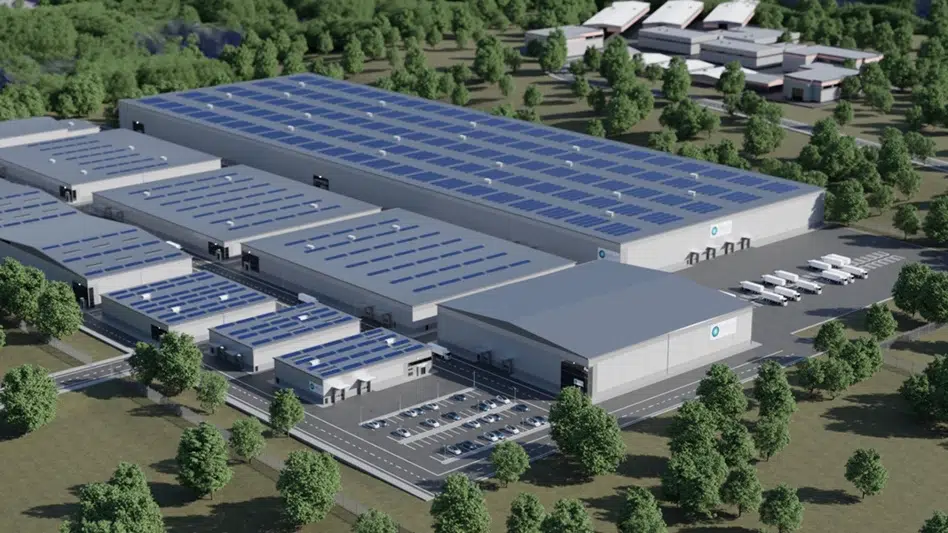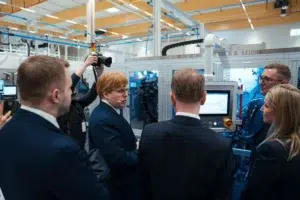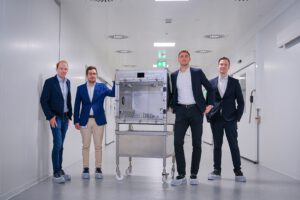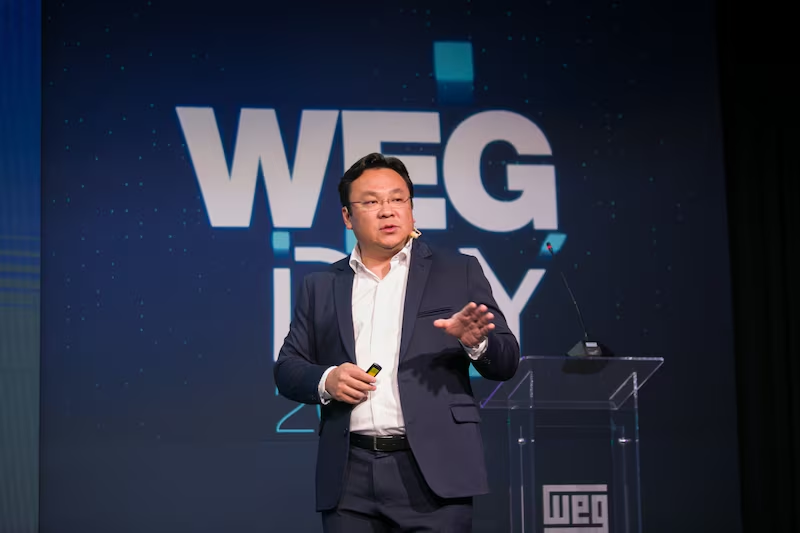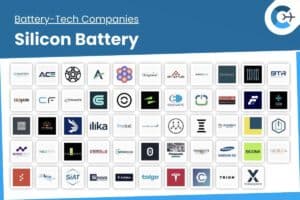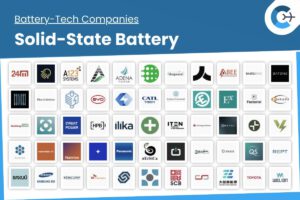Altilium has received grant funding from the UK Department for Energy Security and Net Zero (DESNZ) and Innovate UK to showcase a sustainable production method for electric vehicle (EV) battery cells integrating recycled anode and cathode materials. The project will utilize the company’s EcoAnode™ and EcoCathode™ recycling technologies alongside a recent demonstration of automotive-grade multilayer pouch cells. It aims to highlight the technical feasibility and environmental advantages of substituting virgin raw materials with recycled active materials in next-generation lithium-ion cells.
Aligned with the UK government’s resource efficiency and net-zero transport strategy, this demonstration project will focus on three main objectives:
- Integrating recycled anode and cathode materials efficiently into EV battery cell manufacturing.
- Quantifying the carbon footprint reduction achieved through circular material flows within the UK automotive battery value chain.
- Supporting the UK Critical Minerals Strategy and net-zero goals by decreasing dependence on imported raw materials.
The funding will enable Altilium to scale its proprietary recycling processes, producing battery-ready cathode active material (CAM) and recycled graphite anode material suitable for commercial battery cell production. By combining these recycled components with state-of-the-art cell assembly methods, the project will evaluate both performance metrics and lifecycle carbon emissions under automotive operating conditions.
Altilium is currently the only UK-based company producing domestic, low-carbon CAM recovered from end-of-life EV batteries. Through this initiative, the company intends to strengthen the resilience of the UK battery supply chain while reducing environmental impacts associated with conventional raw material extraction. The outcomes of the demonstration are expected to inform future policy decisions and commercial deployments of circular battery manufacturing in the UK and beyond.
Source: Altilium Tech

